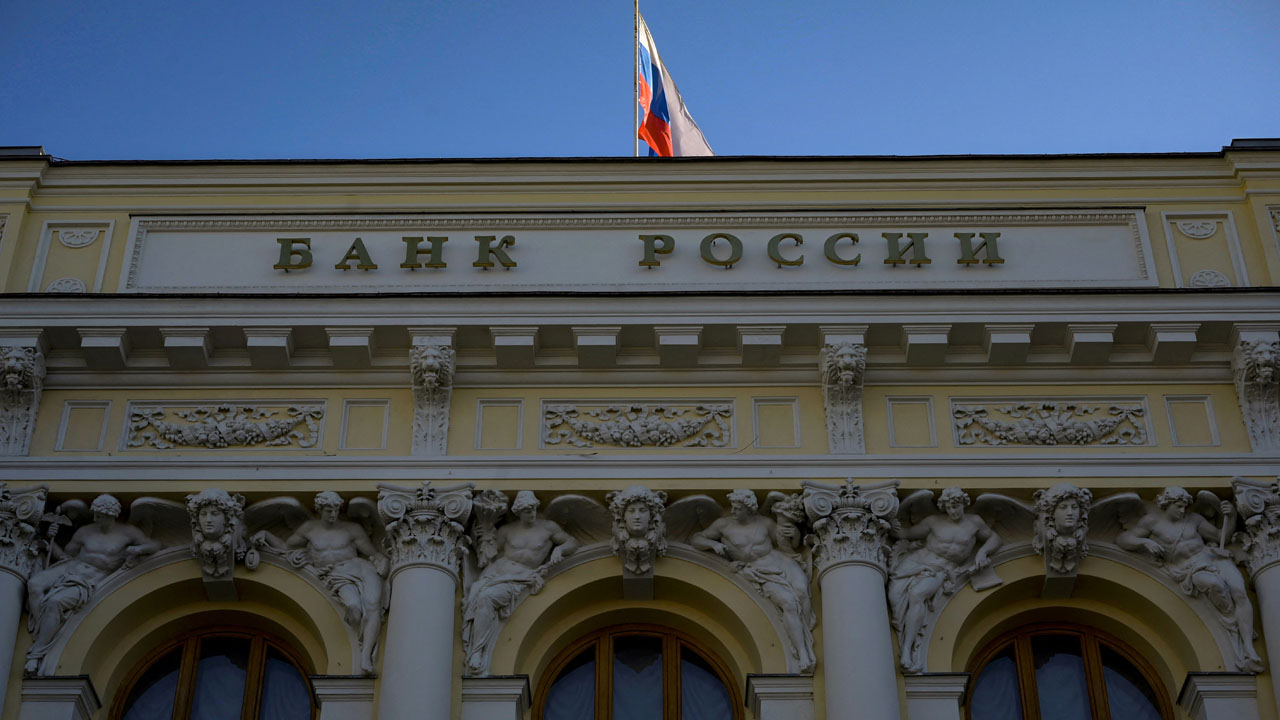
Russia’s central bank announced Friday it was cutting its key interest rate, which had been hiked after troops were sent into Ukraine, saying risks to financial stability had “ceased to increase” for now.
The February 24 military operation triggered a litany of Western sanctions on Moscow, sending the ruble into free-fall and accelerating already high inflation, but the Russian currency has rebounded in recent weeks.
The central bank said in a statement that its main rate will be lowered from 20 to 17 percent on Monday and could be further cut at future meetings.
“Financial stability risks are still present but have ceased to increase for the time being, including owing to the adopted capital control measures,” the central bank said.
The bank said there has been a “steady inflow of funds to fixed-term deposits” and a “noticeable slowdown in the current price growth rates”.
It added, however, that external conditions for the Russian economy are “still challenging” and “considerably constraining economic activity”.
The next central bank meeting is scheduled to take place on April 29.
To aid recovery, the Russian government pledged the equivalent of $10 billion to buy up shares of Russian companies and introduced measures to stem the flight of foreign capital.
The central bank appears “confident that the most acute phase of the economic crisis has now passed,” said Liam Peach, emerging Europe economist at Capital Economics.
The bank’s “capital controls and other measures, prevented a major and destabilising bank run,” Peach said.



